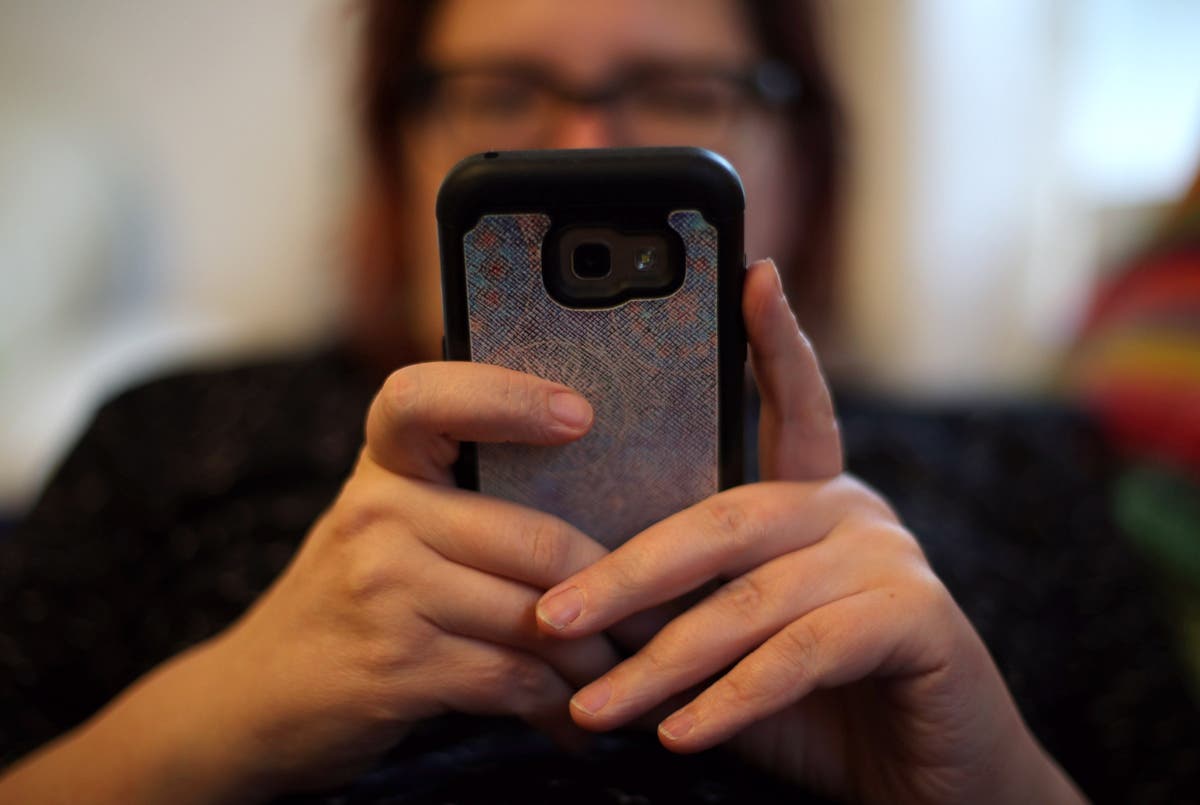Teenagers are downloading a new social media app called BeReal.
The app encourages users to share an image each day to show what they are up to at any given time.
Once a day, users get a startling notification, with two yellow exclamation marks, asking them to let their followers know what they’re doing at that time.
Users only have two minutes to send their photo after receiving the notification, which takes a photo using a phone’s front and back cameras.
The app has no filters or other photo-editing tools, and while users who miss the two-minute window can upload a photo later, other users will be notified that they were late.
“BeReal won’t make you famous,” reads BeReal’s description in the App Store, “if you want to become an influencer, you can stay on TikTok and Instagram.”
How many people use it?
The social media app quickly gained popularity. From March to July the application grew from 10,000 to over 400,000 daily users, and although the app was launched in December 2019, it has seen its user base increase this year. It is estimated to have been downloaded five million times across the world.
The app has sponsored events at US universities in order to get more popularity too, including Georgetown University and Harvard.
(Be real)
What data does it share?
BeReal claims that it will not sell your data to third parties but still shares a large amount of personal information.
It collects your name, date of birth, phone number, password, email address, transaction data, data sent from your phone’s camera, geolocation and photos stored on your phone. BeReal will keep this data between two and three years, with the consent of the user given either by the terms and conditions or by a pop-up window.
“It’s weird because it shares your exact location, like your coordinates,” one user said. Mashable. “It’s not just your city or your general location, but it’s your house on the map, so the app is a bit suspicious.
Why do people use it?
Unlike other apps like Instagram and Twitter, BeReal isn’t yet overrun with celebrities and influencers – instead presenting a smaller, more personalized experience.
“It’s boring to watch social media sometimes,” said Jennifer Lindley, a sophomore at Lehigh University. Bloombergadding that she was tired of watching “posed things that you know aren’t real”.
Sean McGuire, a sophomore at Northeastern University, said BeReal is “an effective way to deconstruct the formal and false side of social media”.
The two-minute window means BeReal also takes less time than other social media, which can be more consumer-intensive with constant notifications and feedback loops.
“There is an opportune time for an alternative to attention-grabbing social media. BeReal knows this all too well; it positions itself in direct contrast to Facebook and Instagram. It levels the playing field,” said Clark Boyd , Internet trends expert. Vice.
“On Instagram, you can’t help but compare yourself to the lives you see, often in unfavorable terms. The images are perfectly curated and they’re, well, they’re not real.
However, some users may be annoyed by the banality. With the encouragement to spontaneously post, most people will be caught doing less interesting things than those posted on Instagram or other networks.
“Browsing through the BeReal feeds, one sees an endless stream of people lying in bed, sitting in class, moving around on the bus or subway, working at their desks, staring at walls or otherwise in places where they actively use their phone, Vice’s Jason Koebler writes.

